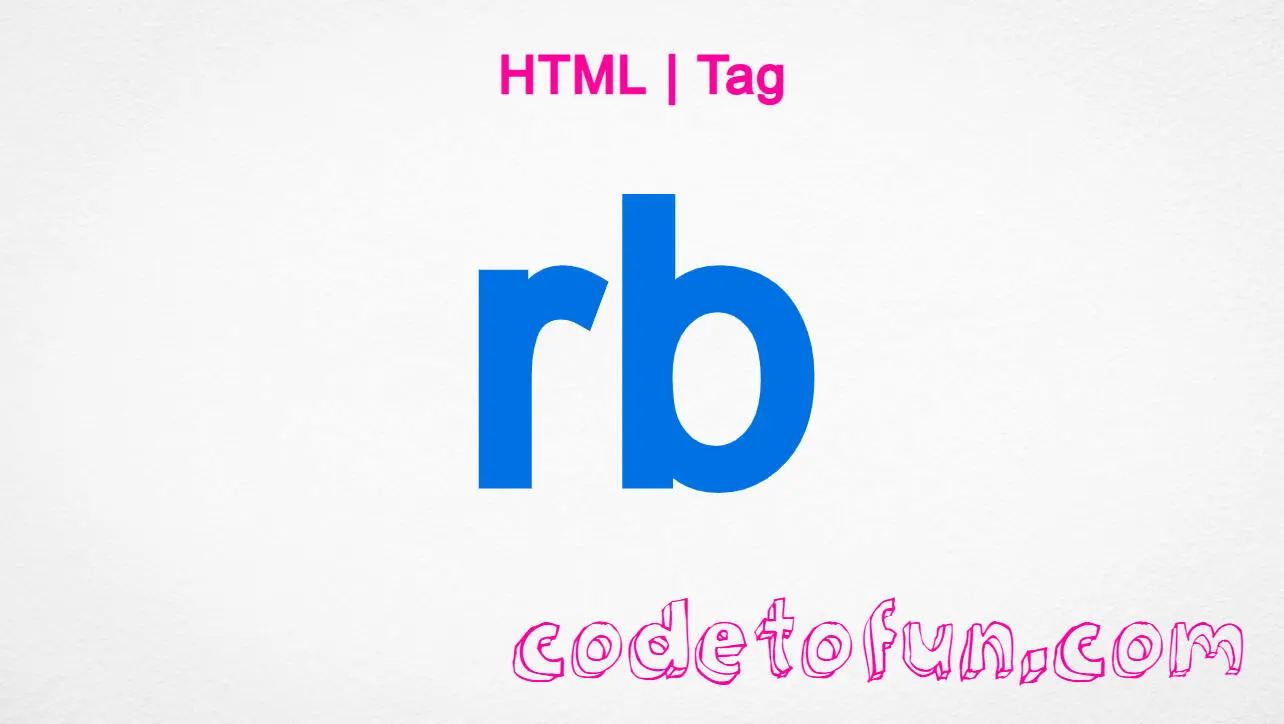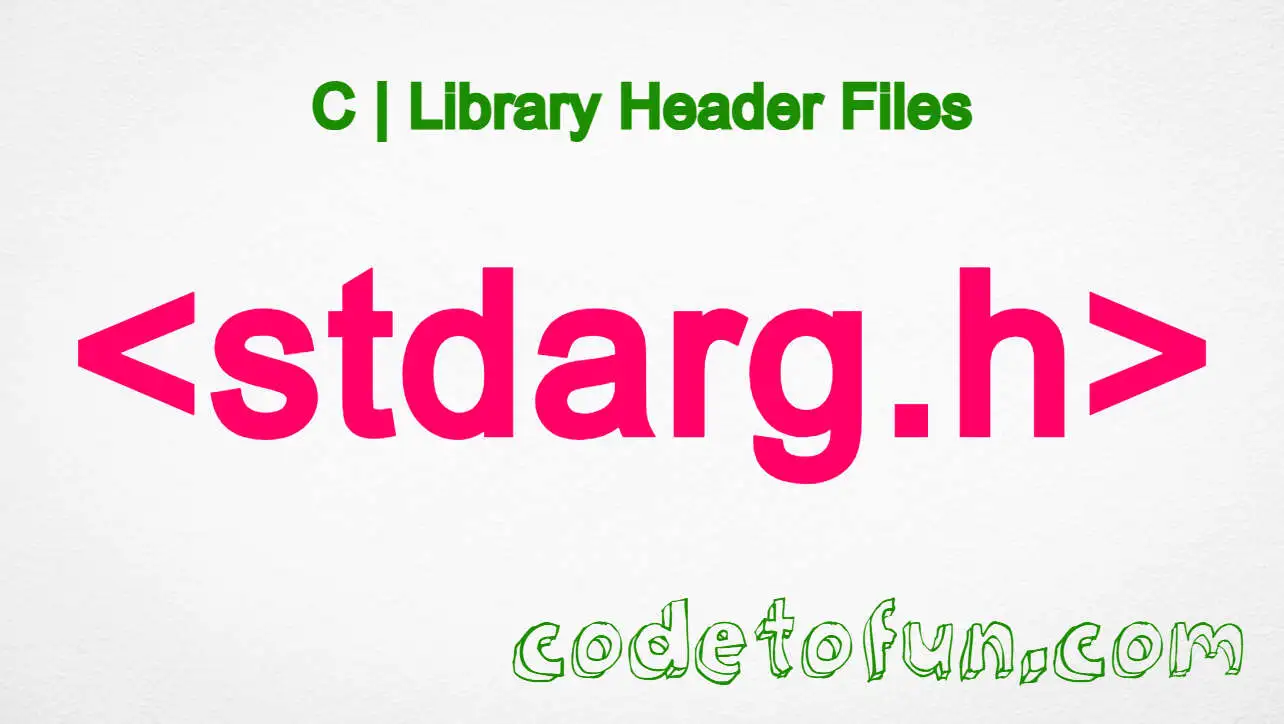
HTML Basic
HTML Reference
- HTML Tags
- <!--...-->
- <!DOCTYPE>
- <a>
- <abbr>
- <address>
- <area>
- <article>
- <aside>
- <audio>
- <b>
- <base>
- <bdi>
- <bdo>
- <blockquote>
- <body>
- <br>
- <button>
- <canvas>
- <caption>
- <cite>
- <code>
- <col>
- <colgroup>
- <data>
- <datalist>
- <dd>
- <del>
- <details>
- <dfn>
- <dialog>
- <div>
- <dl>
- <dt>
- <em>
- <embed>
- <fieldset>
- <figcaption>
- <figure>
- <footer>
- <form>
- <h1> to <h6>
- <head>
- <header>
- <hgroup>
- <hr>
- <html>
- <i>
- <iframe>
- <img>
- <input>
- <ins>
- <kbd>
- <label>
- <legend>
- <li>
- <link>
- <main>
- <map>
- <mark>
- <menu>
- <meta>
- <meter>
- <nav>
- <noscript>
- <object>
- <ol>
- <optgroup>
- <option>
- <output>
- <p>
- <param>
- <picture>
- <pre>
- <progress>
- <q>
- <rp>
- <rt>
- <ruby>
- <s>
- <samp>
- <script>
- <search>
- <section>
- <select>
- <small>
- <source>
- <span>
- <strong>
- <style>
- <sub>
- <summary>
- <sup>
- <svg>
- <table>
- <tbody>
- <td>
- <template>
- <textarea>
- <tfoot>
- <th>
- <thead>
- <time>
- <title>
- <tr>
- <track>
- <u>
- <ul>
- <var>
- <video>
- <wbr>
- HTML Deprecated Tags
- HTML Events
- HTML Global Attributes
- HTML Status Code
- HTML Language Code
- HTML Country Code
- HTML Charset
- MIME Types
HTML plaintext tag

Photo Credit to CodeToFun
🙋 Introduction
The <plaintext> tag is an old HTML element that was used to display text in a plain, unformatted manner.
This guide will explore the <plaintext> tag, its deprecated status, and the best practices for modern web development.
🤔 What is <plaintext> Tag?
The <plaintext> tag is an HTML element that was originally used to display all subsequent content on a web page as plain text, ignoring all other HTML tags. Once a <plaintext> tag is encountered, the browser renders everything that follows as plain text.
🚫 Deprecated Status:
The <plaintext> tag is deprecated and should not be used in modern HTML documents. It is no longer supported in many modern browsers and does not conform to current HTML standards. Instead, developers are encouraged to use more current and supported methods for displaying text.
💡 Syntax
The syntax for the <plaintext> tag is straightforward, though its use is discouraged:
<plaintext>
Your text here
</plaintext>🧰 Attributes
The <plaintext> tag does not support any attributes. It simply renders all following content as plain text.
📚 Common Use Cases
Due to its deprecated status, the <plaintext> tag should not be used in modern web development. Historically, it was used to display raw text content without any HTML processing. Today, there are better alternatives for displaying code or preformatted text.
🖥️ Browser Support
The <plaintext> tag has limited and inconsistent support across modern browsers:
- Google Chrome: Not supported.
- Mozilla Firefox: Not supported.
- Microsoft Edge: Not supported.
- Safari: Not supported.
- Opera: Not supported.
- Internet Explorer: Not supported.
Due to its deprecated nature, relying on the <plaintext> tag for content rendering is not recommended.
🏆 Best Practices
Given the <plaintext> tag's deprecated status, consider these best practices:
- Avoid using the <plaintext> tag: It is not supported in modern browsers and does not conform to current HTML standards.
- Use alternatives: Consider using the <pre> tag for preformatted text or the <code> tag for inline code snippets.
🔄 Alternatives
There are several modern alternatives to the <plaintext> tag that are widely supported and recommended:
<pre> Tag:
Use this tag for preformatted text where whitespace and line breaks are preserved.
index.htmlCopied<pre> Your preformatted text here </pre><code> Tag:
Use this tag to display inline code snippets.
index.htmlCopiedIn this example, we use the <code>console.log()</code> function to display a message in the browser console.<textarea> Tag:
Use this tag for multi-line plain text input.
index.htmlCopied<textarea> Your text here </textarea>
🎉 Conclusion
The <plaintext> tag is a relic of the early web and has been deprecated in modern HTML standards. Web developers should use contemporary tags like <pre> and <code> to display text and code snippets.
By adhering to current standards, you ensure better compatibility and a more robust user experience across all browsers.
👨💻 Join our Community:
Author

For over eight years, I worked as a full-stack web developer. Now, I have chosen my profession as a full-time blogger at codetofun.com.
Buy me a coffee to make codetofun.com free for everyone.
Buy me a Coffee










